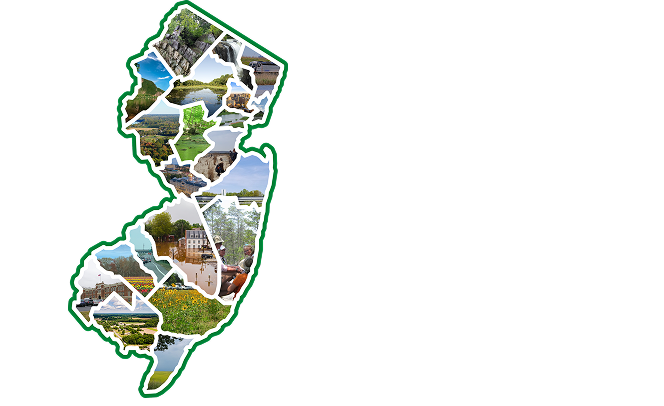Active banners: 0 Visible banners: 0
Indigenous Communities Are on the Front Lines of Climate Change
Provided by: Hot Mess |Published on: April 27, 2021
Videos
6789101112
Synopsis
- This video highlights the importance of knowledge from Indigenous communities about changing climates and adaptation.
- It also highlights that valuable Indigenous knowledge is not being used or applied in many countries, but that partnerships between Indigenous communities and scientists are helping us better understand the changes occurring today.

Subjects: Science, Geography
Authors: Hot Mess, PBS
Region: North America, Global
Languages: English
Teaching Materials
Positives
- The video incorporates engaging imagery and clear text captions to ensure student understanding.
Prerequisites
- There is a commercial at the beginning of the video. The video content ends at 5 minutes, 18 seconds.
- Students will need to have a basic understanding of the concept of climate change.
Differentiation & Implementation
- Geography teachers can use this resource when discussing the connectedness of humans and places.
- This video can be used as a discussion point when identifying different ways individuals and collectives can take action on climate change.
- Other resources related to this topic include the video Fish Dance at Honor the Earth.
Scientist Notes
Teaching Tips
Standards
Resource Type and Format
All resources can be used for your educational purposes with proper attribution to the content provider.



